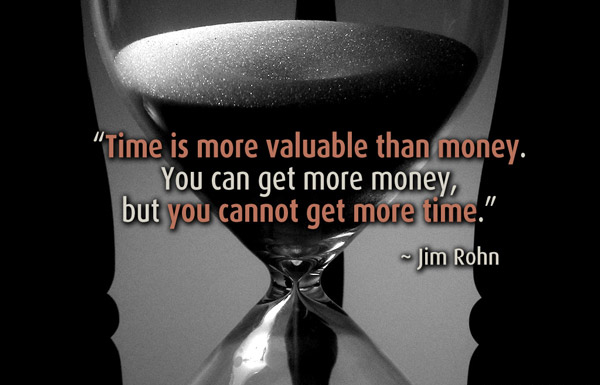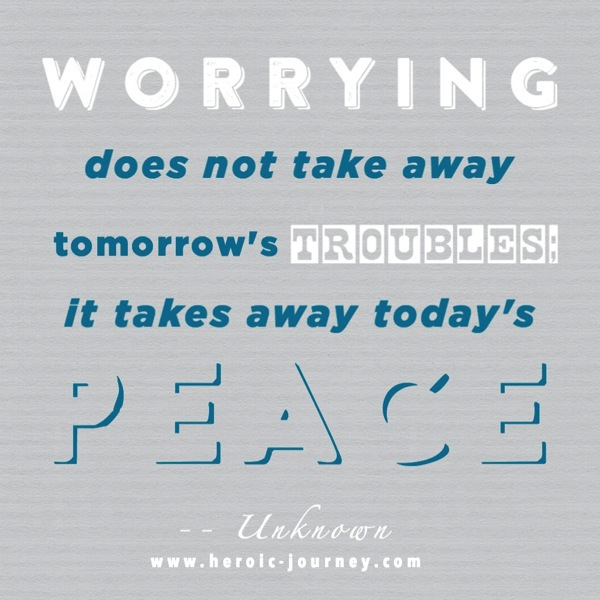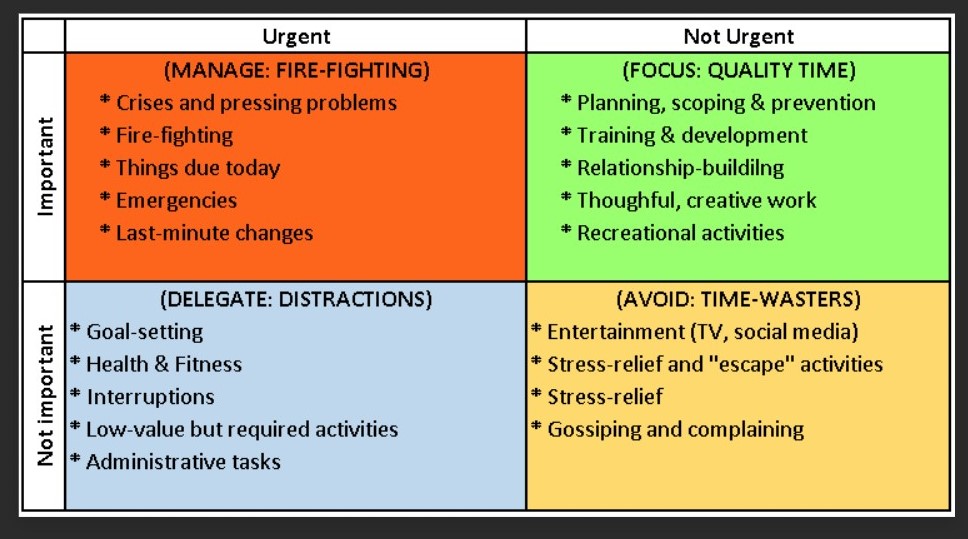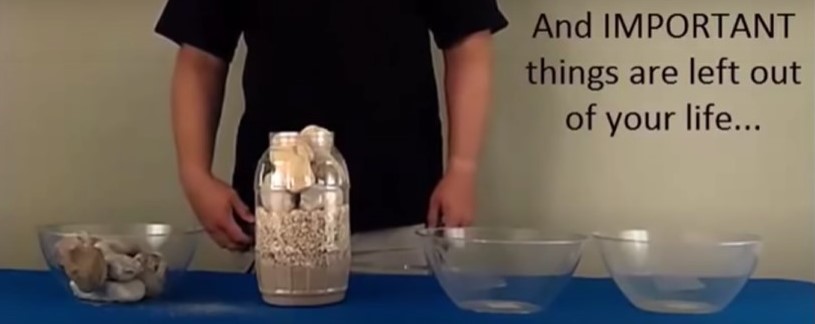Wow, a Lot More Than I Thought
Recently I’ve been extremely busy and working hard trying to get things done. I know that the length of my list is my choice. Busy lives are nothing unusual, especially for those of us working in construction.
So, how can we be more productive and decide what things on the list are the most important? The answer to this question will be different for each of us, but it’s something we have within our control if we just do something.
Spending time wisely comes down to prioritizing and making decisions.

I’ve always struggled with giving my time the same level of importance as other people. I wouldn’t be late to meetings with customers, committees at church, or in the community. The lack of importance I give to my own time results in me being less productive than I could be.
As I was thinking about how busy I am and trying to figure out what I should do next, I had a thought.
What if there was a monetary penalty for every minute wasted?
Let’s be honest…there is.
What is each minute of my time really worth?
So, I did some calculations –
- There are 60 minutes every hour
- There is an average of 12 hours per my workday
- There are 6 workdays per my work week
- There are 52 work weeks per year
- This means there are 224,640 minutes available to work each year
- My gross revenue target for this year is $400,000.00
- $400,000.00 divided by 224,640 minutes means each minute of the day is worth $1.78
$1.78 for each minute doesn’t seem like that much, until I did some more calculations –
- $1.78 x 5 minutes = $8.90
- $1.78 x 15 minutes = $26.70
- $1.78 x 30 minutes = $53.40
- $1.78 x 60 minutes = $106.80
Who knew that my time was that valuable?

It’s amazing how much the little things can change the big picture. This gave me a whole new sense of urgency. It has caused me to evaluate decisions differently. Which of these things on the list is worth spending that much time/money on?
It has caused me to focus more intensely on which actions I need to take to accomplish my mission.
I’ve never been one to give my time the value it’s worth. Working for myself, it’s always hard to give it a monetary value. This discovery changed that.
This week’s solution has cost me $160.20 so far and by the time I get it published it’s going to be closer to $220.00.
I sure hope you find at least that much value in it. 😊
Of course, everybody’s level of importance is going to be different based on individual preferences. But this new awareness of the value of my time has given me a new focused intensity to spend my time wisely.
So…it looks like the time I spend is $1.78 per minute.
It’s up to me to spend each minute wisely.











































